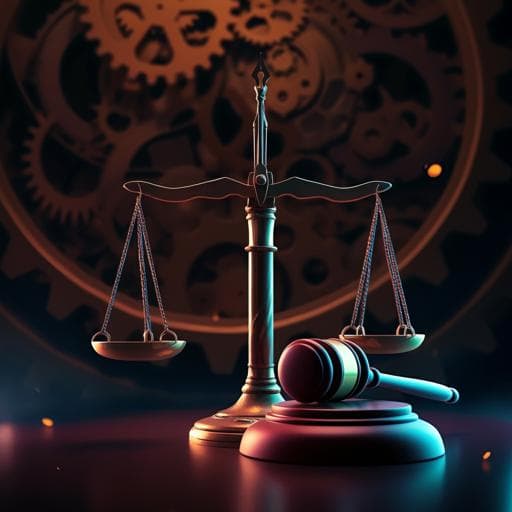
Political Science
A synthesis of Kantian ethics and Rousseauvian General Will in justifying the moral ground of political laws
S. Lin
Explore the intricate dance between autonomy and authority in political philosophy with insights from Kant and Rousseau. Shuyang Lin delves into the legitimacy of political laws through categorical imperatives and the General Will, questioning the boundaries of authority in contentious issues and suggesting improvements to democratic processes.
Related Publications
Explore these studies to deepen your understanding of the subject.







